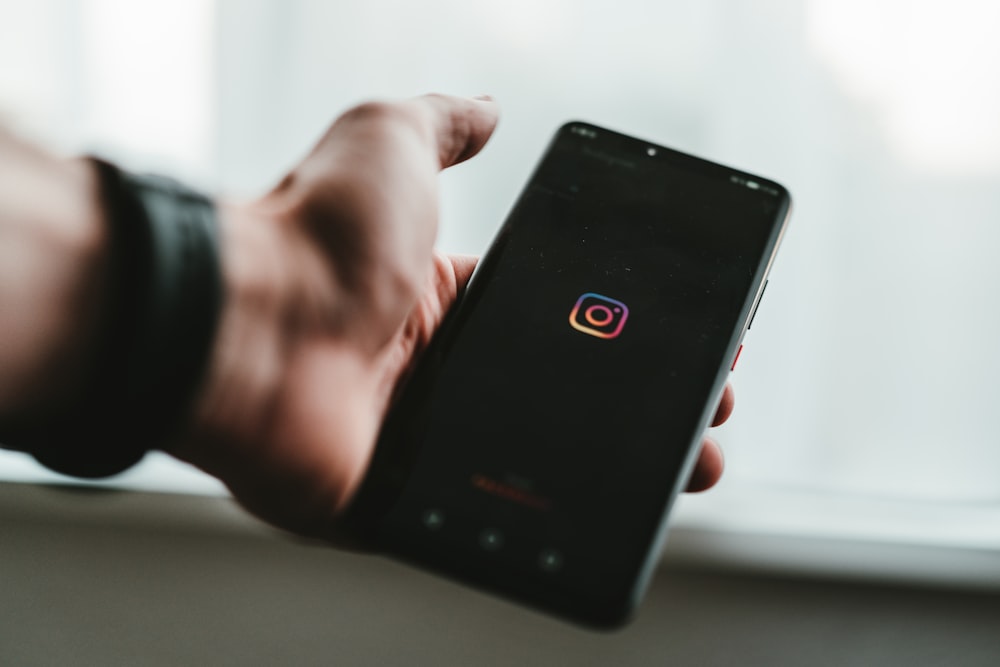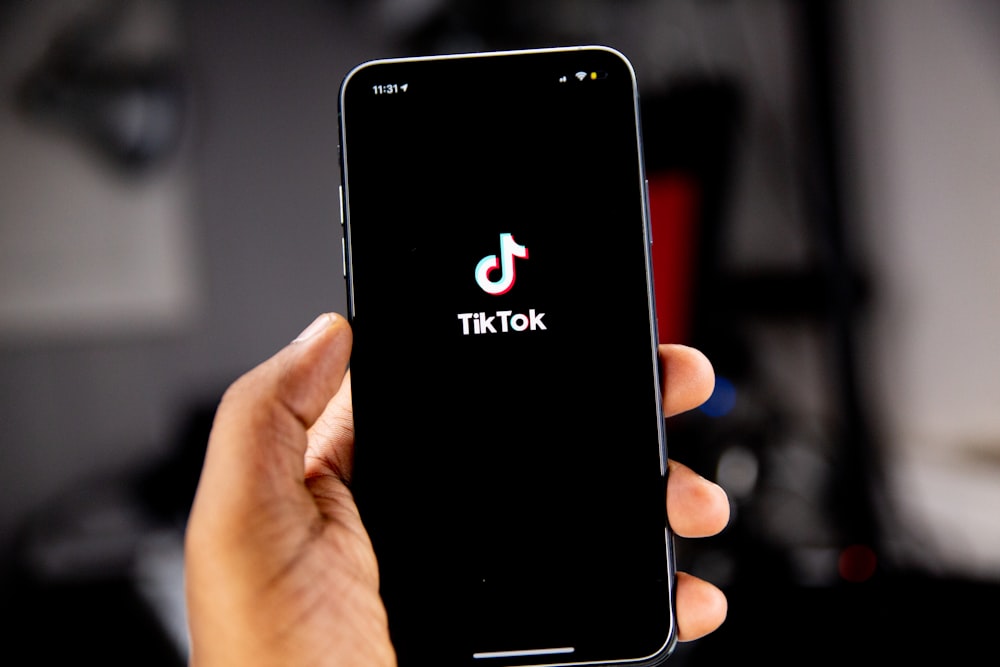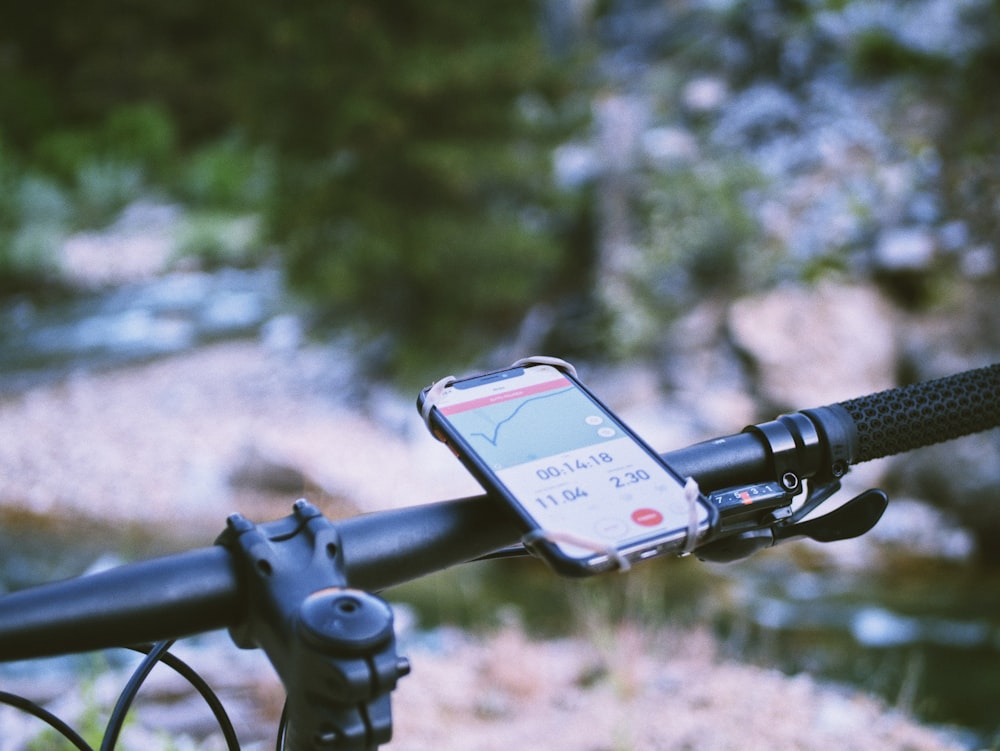Companies can gather data ranging from the obvious — such as your name, date of birth, and email address — to the more esoteric, such as your pets, interests, height, weight, and even what you like to do in the bedroom. They can also save your bank information, as well as links to your social media accounts and the information you disclose on them.
Depending on the type of business, companies may use this data in a variety of ways, but it is common for it to result in targeted advertising and website management.
Companies want more than just your personal data; some want to capture your personal appearance, utilising image and voice recognition to assist you sign in. When you use a TikTok or Instagram filter, they track your facial movements to create a representation of you. While it may provide amusing outcomes, it allows these corporations to record and collect your photograph.
Others request access to your whole image library rather than simply a picture of your face. They can use these photographs to adapt adverts to your exact interests, tracking images of sports, music, nights out, and events you’ve visited to provide you with a genuinely personalised experience.
Unsurprisingly, Facebook is at the top of the list of data collectors. As a social network, it relies on you providing access to all of your information so that it may promote friends to you, notify others of your birthday, recommend groups for you to join, and, most crucially, advertise to you.

A large portion of the information Facebook collects comes from information we freely provide them by publishing it on our Facebook page, in posts, or in comments. However, Facebook may learn more about you through other forms of involvement, such as likes of other pages or posts, comments, messages, dwell time, and whether you watched a video with or without sound. Facebook also collects biometric data from user images and has been training its DeepFace AI system to recognise individuals and notify users when a photo of them appears online.
Facebook also collects data from websites that have the Facebook Pixel installed, which benefits website owners, marketing teams, advertisers, and, of course, Facebook. Knowing how users behave on non-Facebook websites provides Facebook with insight into which users are frequent online purchases, large spenders, and loyal consumers, as well as what products they are highly engaged in and investigating for a future purchase.
Instagram is at the top of a list of “invasive” apps that collect and share user data. The revelation was uncovered by cloud storage provider pCloud after analysing the recently adopted App Privacy labels, which companies are now required to publish within Apple’s App Store.

The factors examined to designate Instagram as the most serious offender were extensive, leading pCloud’s experts to conclude that, of all user data points, Instagram collects, stores, and potentially sells to advertisers up to 79 percent of all types of user data. This includes data on online purchases, financial transactions, user location, contacts and contact information, photographs and videos, search and browsing histories, identifiers including contact information, diagnostics, and usage data.
Instagram, which is used by over a billions people worldwide on a daily basis, is a treasure trove of data that Facebook is known to acquire on its users, and the latter appears to be taking advantage of it by collecting an a slew of user information from the app.
Tinder
A data breach resulted in the leak of 70,000 photographs of female users online (2020).When you browse another Tinder user’s profile, the Tinder app captures everything you do. In fact, they record every touch, every swipe you do while using their software. Tinder records all of the locations from which you access the app, all of your likes and dislikes in personal items like music and cuisine, your educational and professional backgrounds, and even data that you have made public on other social media sites like Instagram and Facebook.
Tinder makes it abundantly apparent from the moment you join up for their dating platform that any information you supply to their app will be kept private and secret at all times. With the growing number of data breaches and hacking efforts, anyone with the correct tools and expertise may scrape all of the data Tinder has on their servers about your personal life and use it for nefarious or marketing purposes. Nowadays, it is safe to assume that no data collecting, storage, or transmission method is completely error-free.
Grindr
According to the report by the Norwegian Consumer Council, a government-funded nonprofit organisation in Oslo, Grindr, the world’s most popular gay dating app, transmitted user-tracking codes and the app’s name to more than a dozen companies, essentially tagging individuals with their sexual orientation.
/cdn.vox-cdn.com/uploads/chorus_image/image/66456526/625496290.jpg.0.jpg)
According to the research, Grindr also shared a user’s location to various corporations, which may subsequently share that data with many other businesses. The New York Times gave accurate latitude and longitude information with five companies when it tested Grindr’s Android app. Grindr was forced to reveal in 2018 that two organisations it had contracted to analyse its app usage were eventually able to get information about its users’ HIV status.
Uber
Uber has a vast database of drivers, so as soon as you order a car, Uber’s algorithm gets to work, matching you with the driver nearest to you in 15 seconds or less. Uber stores data for every journey taken in the background, even if the driver has no passengers. All of this information is saved and used to forecast supply and demand as well as establish fares. Uber also examines how transportation is handled in different cities and attempts to address congestion and other prevalent difficulties.

Uber also collects information on its drivers. Uber collects non-identifiable information on their vehicle and location, as well as monitoring their speed and acceleration and checking to see if they are working.
TitTok

TikTok can collect information about you even if you aren’t signed up by using cookies and other trackers when you visit the site. After you sign up for an account, the social network gathers information about your actions and preferences based on the videos you watch.
TikTok knows what device you’re using, your location, IP address, search history, the content of your messages, what you’re viewing, and how long you’re viewing it for. It also gathers device identifiers in order to track your interactions with advertising. TikTok “infers” aspects like your age, gender, and interests based on information it has about you. TikTok can gather biometric information such as face and voiceprints in the United States.
Strava
Strava gathers basic account information including your name, email address, date of birth, gender, weight, username, and password to assist protect and give access to their Services.

When you choose to upload a picture, activity (including date, time, and geo-location information, as well as your speed and pace and perceived exertion), or post, join a challenge, add your equipment usage, view others’ activities, or otherwise use the Services, profile, activity, and use information about you is collected.
When you sign up for and use the Services, they collect and process location information. They collect information from the images, posts, comments, kudos, ratings, and reviews you provide on the Services, as well as when you engage in partner events or build segments or routes.
Spotify

According to Spotify’s conditions, the service may gather personal data such as a user’s email address, birth date, gender, postal code, and country, as well as voice data. Spotify may gather a user’s personal data, such as what songs they have played and what playlists they have created, when they use the service.
Users can request that personal data (such as their email address) be shared with artists, record labels, or other partners who may want to directly send consumers news or promotional offers, but they can also revoke that consent at any moment. Furthermore, the conditions specify that Spotify may share personal information with marketing and advertising partners in order to send consumers promotional communications about Spotify.
According to the terms, Spotify may also share personal data in a pseudonymized format with marketing partners who assist Spotify with promotional activities and with advertisers who allow them to provide a free service.
According to the conditions, Spotify obtains personal data about a user and their behaviour from third parties, including advertisers and partners with whom they collaborate, in order to serve targeted adverts on the Spotify service. Finally, Spotify may let their business partners to use cookies or other similar technologies on or off the Spotify service to collect information about a user’s online activities over time and across several websites, applications, and/or devices.
MyFitnessPal
MyFitnessPal does allow users to track the following: lifestyle (e.g., sleeping habits), life events, fitness objectives, measurements, fitness level, heart rate, sleep data, BMI, biometric data, and similar types of data linked to physiological state, and activities.

MyFitnessPal is also tracking in the background, which is less visible to the average user. MyFitnessPal may gather information about your device, such as its serial number, Bluetooth address, UPC, or “any data- or purchase-related information.”
Clubhouse

The app captures a user’s name, address, contact information, phone numbers, IP address, device name, operating system, the persons with whom he or she communicates, as well as the time, frequency, and length of use. Furthermore, as users connect other networks to Clubhouse, it has access to information shared on other platforms. It also collects phone numbers in the contact list based on authorization, even for those who are not members of the app.
The app distributes user data with third parties including the government, according to IFF, and there is no regulation that precludes the platform from monetizing it. The group accuses Clubhouse of failing to implement a strong privacy policy, which has resulted in widespread hatred, security incidents, and privacy violations on the site.
While Clubhouse promises to record every discussion for research purposes and to delete the audio promptly, the entire procedure is unclear.












